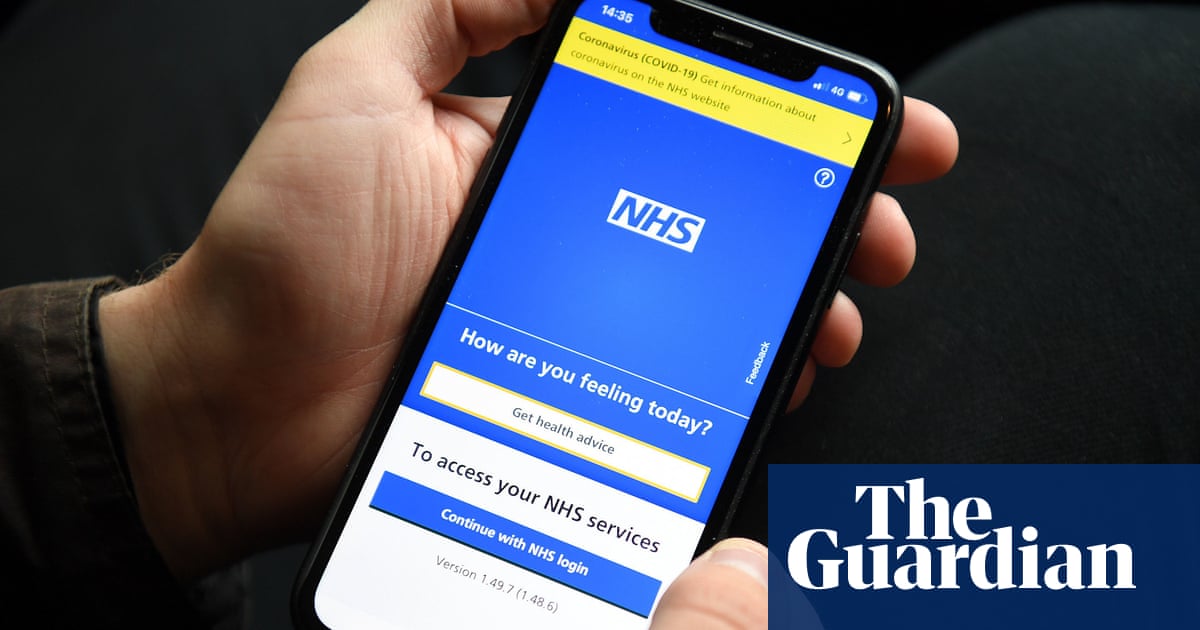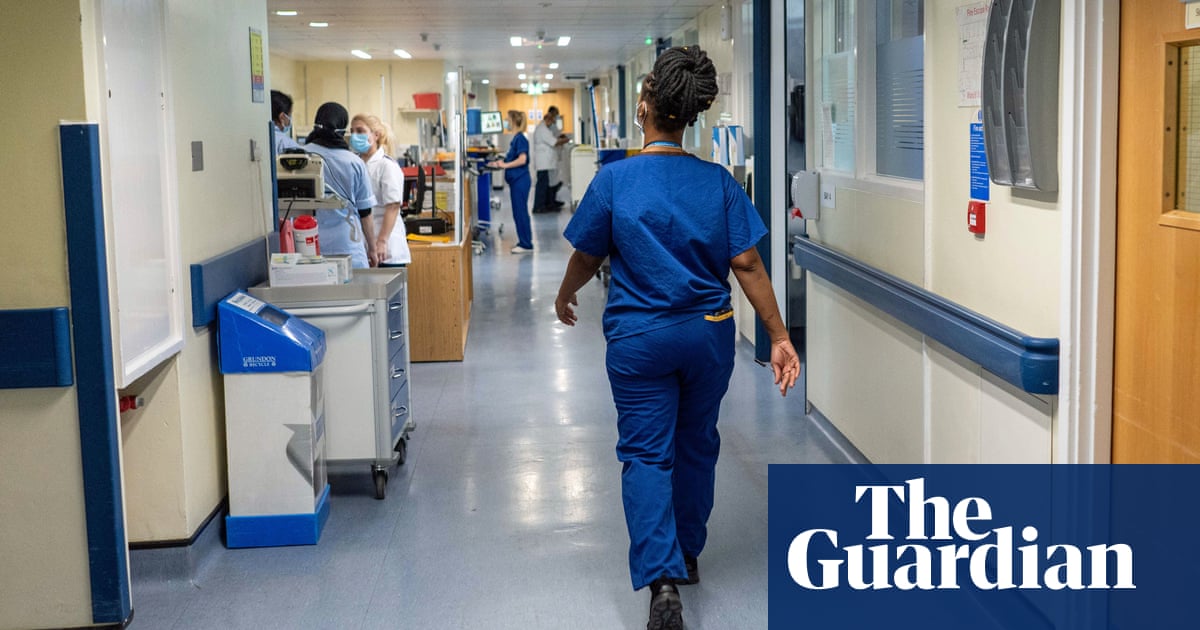
Thousands of people who are unknowingly living with hepatitis C in England could be identified and treated due to an expanded NHS testing initiative.
The initiative includes new liver scanning and portable testing units to be rolled out in communities where people may be at a higher risk of contracting the infection.
Also included in the initiative are testing events happening at GP surgeries and community outreach at drug and alcohol support services.
More than 60,000 people are estimated to be living with chronic hepatitis C across England without knowing. Many people living with the virus do not realise they have it as there are no noticeable symptoms until the liver has been significantly damaged. The infection is passed by coming into contact with the blood of someone who has been infected.
People identified to be living with hepatitis C, a virus which damages the liver, can access antiviral treatment on the NHS.
The initiative is part of the NHS’s goal to eliminate the virus, with NHS England saying that it was on track to eliminate the virus by 2025. The World Health Organization aims to have the virus eradicated worldwide by 2030.
Since the hepatitis C elimination programme began in 2014, about 84,000 people have been treated for the virus.
Prof Sir Stephen Powis, the national medical director of the NHS, said: “This investment ensures the NHS will continue to save thousands of lives and set the international standard in the drive to eliminate hepatitis C by 2030, while tackling a significant health inequality.
“New portable testing devices, and an extension of our landmark commercial deal, is helping us reach those most at risk as we begin our final push to wipe out the virus, and find and cure any remaining cases.
“We urge anyone who could be living with hepatitis C to get checked, for peace of mind: there are a range of ways to get tested, including screening programmes or doing a simple test at home. If left untreated, the virus can lead to life-threatening conditions, but treatment is simple, curative and easily accessible.”
Dr Monica Desai, head of hepatitis at UKHSA, said:“Hepatitis C elimination as a public health threat is in reach if we can accelerate testing, support people to access effective treatment that clears the virus, reduce the stigma experienced by people living with hepatitis C and prevent people getting the infection in the first place – particularly for people who inject drugs.
“The symptoms of hepatitis C can go unnoticed for years. But the sooner you are diagnosed, the quicker you can get access to curative treatments and prevent serious liver damage.
“So, if you have ever injected drugs, even if it was a long time ago, please get tested. The test is quick and free and can be ordered via an online portal if you would prefer that rather than visiting your GP. You should also get tested if you have ever had medical treatment abroad, or had condom-less sex with someone who may have hepatitis C.”
Rachel Halford, the chief executive of the Hepatitis C trust, said: “Since the Hepatitis C Trust was founded, over 20 years ago, the progress made in patient care and treatment is beyond anything we could have imagined. Not only is there now a reliable cure for hepatitis C, but we are also on the verge of eliminating the virus in England.
“Many people who are most at risk of hepatitis C face barriers accessing health services, but the success of the elimination programme so far proves that through innovative partnership working and keeping the patient at the centre, there are ways to reach and treat everyone.”












